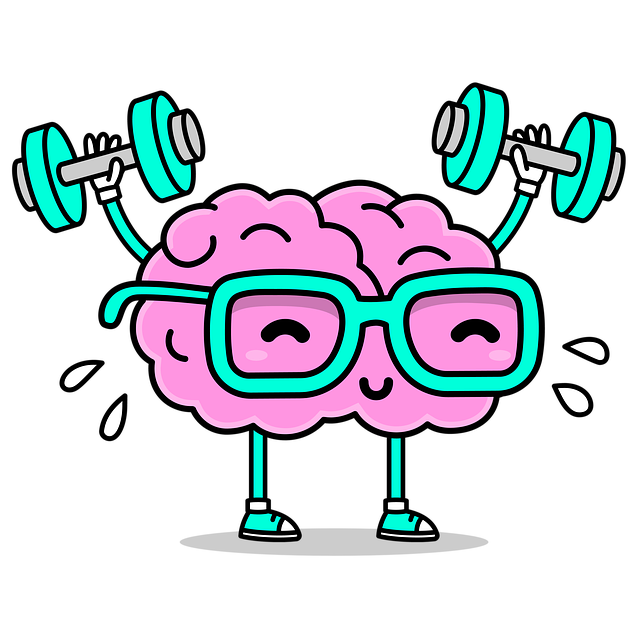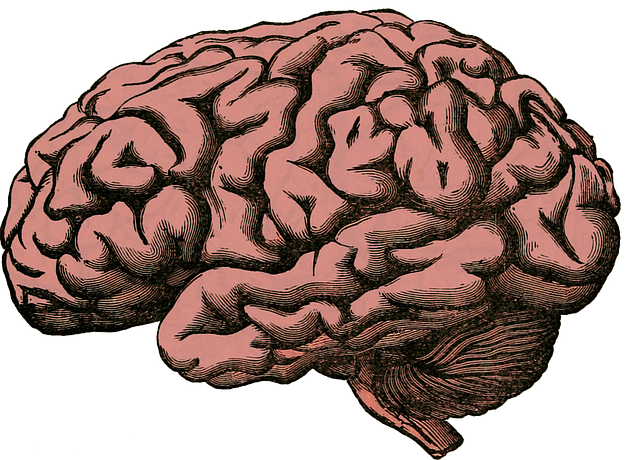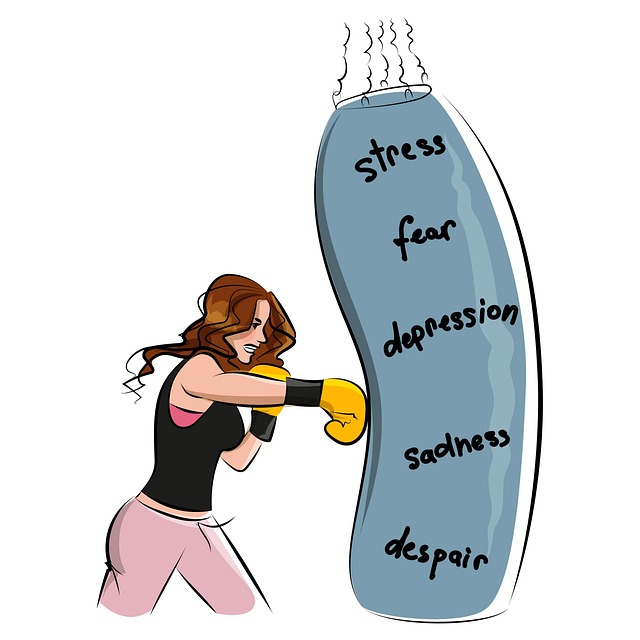Stress is a significant concern for children in today's fast-paced world, with potential to impact their young minds. Wheat Ridge Child Abuse Therapy emphasizes recognizing behavioral and physical signs of stress, advocating for early intervention through self-care practices and supportive environments. Mind Over Matter principles, combined with evidence-based Cognitive Behavioral Techniques (CBT) and Cultural Competency Training, equip kids with tools to manage stress and promote emotional well-being. Play therapy, incorporating mindfulness meditation, offers a nurturing space for trauma healing, fostering resilience and emotional intelligence. Wheat Ridge Child Abuse Therapy initiatives focus on mental wellness coaching to empower children and adults in managing stress, preventing burnout, and navigating life's challenges.
Stress reduction methods are vital for fostering healthy development, especially in children. This comprehensive guide explores various strategies to help young ones navigate their emotions. From understanding stress and its impact to identifying triggers and implementing effective communication, each section provides insights tailored to parents, caregivers, and professionals. Discover cognitive behavioral techniques and the therapeutic power of play as powerful tools in Wheat Ridge Child Abuse Therapy for a calmer, happier future for our children.
- Understanding Stress and Its Impact on Children
- Identifying Triggers: Recognizing Stressors in Children's Lives
- Effective Communication: A Tool for Stress Reduction
- Cognitive Behavioral Techniques for Stress Management
- The Role of Play Therapy in Calming and Healing
Understanding Stress and Its Impact on Children

Stress is an inevitable part of life, but its impact on children can be profound. Understanding stress and its effects on young minds is crucial for parents, caregivers, and educators alike. In today’s fast-paced world, even children experience heightened levels of anxiety and tension due to various factors like academic pressure, social interactions, or family dynamics.
Recognizing the signs of stress in kids is essential. This may include changes in behavior, such as increased irritability, difficulty concentrating, or even physical symptoms like headaches and stomachaches. Wheat Ridge Child Abuse Therapy highlights the importance of early intervention through self-care practices for both children and their caregivers. By promoting healthy coping mechanisms and fostering a supportive environment, Public Awareness Campaigns Development can significantly contribute to stress reduction in kids. Mind Over Matter principles teach that with the right mindset and techniques, managing stress is achievable, leading to improved overall well-being.
Identifying Triggers: Recognizing Stressors in Children's Lives

Children, like adults, can experience stress due to various factors in their lives. Identifying triggers is a crucial step in managing and reducing stress levels, especially for younger individuals who might struggle to articulate their emotions. Parents, caregivers, and educators play a vital role in helping children recognize and understand their stressors. Common triggers for stress in children’s lives can range from academic pressures and peer relationships to family dynamics and significant life changes.
In the context of Wheat Ridge Child Abuse Therapy, understanding these triggers is essential. Cultural sensitivity in mental healthcare practice is key; therapists must create a safe, non-judgmental space for children to express themselves. By incorporating techniques that promote emotional well-being, such as mindfulness and stress management strategies, practitioners can equip children with tools to navigate their stressors. Mental health education programs designed with age-appropriate activities and open dialogues can empower kids to recognize signs of stress and implement healthy coping mechanisms.
Effective Communication: A Tool for Stress Reduction

Effective communication is a powerful tool that can significantly contribute to stress reduction and overall well-being. In stressful situations, being able to express oneself clearly and actively listen to others fosters understanding and facilitates conflict resolution techniques. This, in turn, helps to de-escalate tense environments and promotes healthier relationships. At Wheat Ridge Child Abuse Therapy, mental health professionals are trained to incorporate communication strategies into their practices, addressing not only the immediate crisis but also laying the foundation for long-term stress management.
Mental health education programs design that emphasize open dialogue can empower individuals and communities to manage stress effectively. By learning conflict resolution techniques and practicing active listening, people become better equipped to navigate challenging conversations. Additionally, risk management planning for mental health professionals is enhanced when communication skills are prioritized, ensuring safer and more supportive environments for clients and therapists alike.
Cognitive Behavioral Techniques for Stress Management

Cognitive Behavioral Techniques (CBT) offer powerful tools for managing stress and promoting emotional well-being. This evidence-based approach helps individuals identify and challenge negative thought patterns, replacing them with more positive and realistic ones. By changing one’s thoughts and behaviors, CBT can reduce stress responses and enhance overall resilience.
Wheat Ridge Child Abuse Therapy, for instance, utilizes these techniques to help clients navigate trauma and adversity. Healthcare Provider Cultural Competency Training emphasizes the importance of understanding diverse cultural perspectives when applying CBT. Incorporating these promotional techniques requires a holistic view, ensuring that each individual receives tailored support for their unique needs, thereby fostering effective stress management.
The Role of Play Therapy in Calming and Healing

Play therapy is a powerful tool for calming and healing, especially in cases where children have experienced trauma or stress, such as those seeking Wheat Ridge Child Abuse Therapy. Through play, therapists create a safe space for kids to express their emotions and process difficult experiences. This non-verbal form of communication allows children to release built-up tension and fear, promoting mental wellness. By engaging in imaginative play, art, music, and movement, therapy participants can explore and overcome challenges, fostering resilience and emotional intelligence.
Incorporating mindfulness meditation techniques into these sessions further enhances the calming effect. Mental Wellness Coaching Programs Development can benefit both children and adults by teaching them to stay present and manage stress effectively. This approach not only aids in burnout prevention but also empowers individuals to navigate life’s challenges with greater ease, ensuring a more balanced and fulfilling life.
In conclusion, stress reduction methods are vital tools for fostering healthy development in children. By understanding the impact of stress and identifying triggers, parents and caregivers can create supportive environments. Effective communication opens doors to sharing feelings, while cognitive behavioral techniques empower kids to manage stress. Play therapy offers a calming space, providing healing and resilience. Integrating these strategies, such as those practiced at Wheat Ridge Child Abuse Therapy, can significantly enhance a child’s well-being and promote a brighter future.











